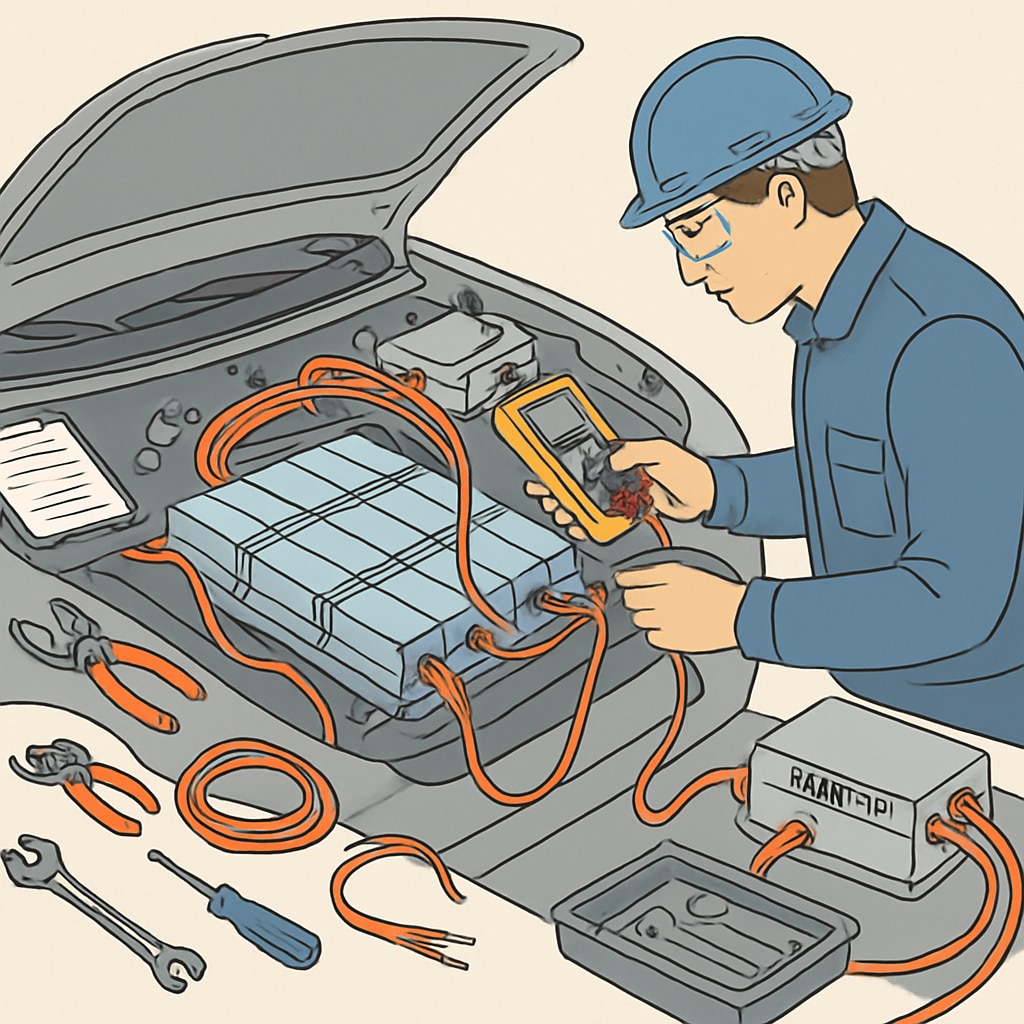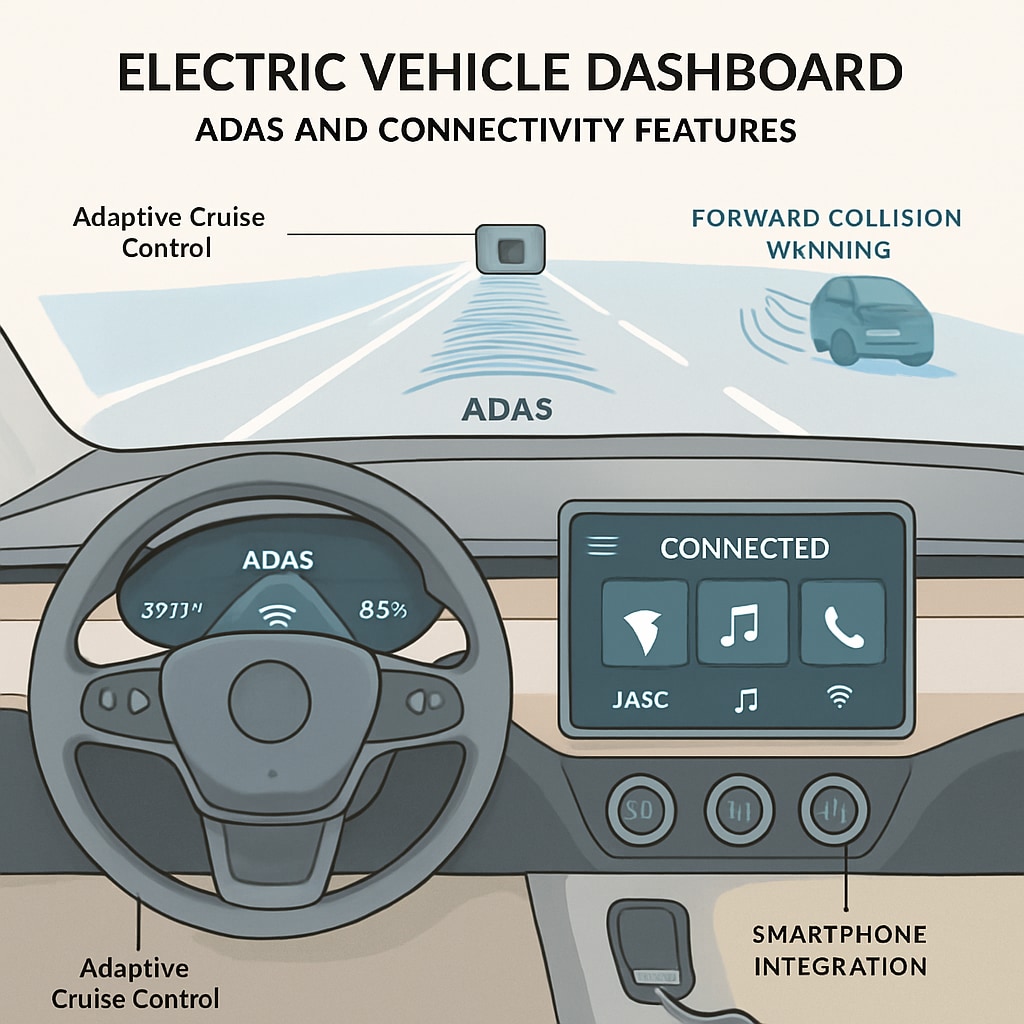The rapid transformation of the automotive industry driven by electrification and smart technology has made electrical knowledge a cornerstone of professional growth. For those aspiring to thrive in this dynamic sector, understanding electrical systems and their applications is no longer optional; it is essential. From mastering battery management systems in electric vehicles (EVs) to integrating advanced electronics for autonomous driving, professionals equipped with electrical expertise are better positioned to seize career opportunities and contribute to innovation.

The Strategic Role of Electrical Knowledge in Automotive Careers
The automotive sector is undergoing a paradigm shift, moving away from traditional internal combustion engines to electric powertrains. This transition has created a strong demand for professionals skilled in electrical engineering. For example, roles such as EV battery designers, power electronics engineers, and embedded system developers require an intricate understanding of electrical systems.
In addition to electrification, advancements in smart technologies have introduced features like advanced driver-assistance systems (ADAS) and vehicle-to-everything (V2X) communication. These innovations rely heavily on electrical and electronic systems, underscoring the importance of electrical knowledge in modern automotive careers.
- Designing and optimizing EV batteries and powertrains
- Developing intelligent control systems for autonomous vehicles
- Integrating electronics for seamless connectivity and safety
As a result, professionals with robust electrical expertise are not only in high demand but are also pivotal in shaping the future of transportation.

How to Build Electrical Expertise for Automotive Success
To capitalize on the opportunities presented by electrification and smart technologies, automotive professionals must actively pursue targeted learning pathways. Here are some practical steps:
- Formal Education: Enroll in electrical engineering or automotive technology programs that focus on EV systems, power electronics, and embedded systems.
- Hands-On Training: Participate in internships or apprenticeships with automotive companies specializing in electric vehicles or smart technology integration.
- Online Courses: Utilize platforms like Coursera or edX to learn specialized skills, such as battery management or automotive electronics.
- Networking: Join industry conferences and forums to stay updated on trends and connect with experts.
By combining theoretical knowledge with practical experience, professionals can build a strong foundation to adapt to industry changes and meet employer expectations.
Future Trends and Career Opportunities
The automotive industry’s electrification and intelligence revolution is expected to accelerate, creating new career pathways. For instance:
- EV Manufacturing: Companies like Tesla and Rivian are expanding their production, requiring expertise in electrical systems.
- Smart Vehicle Development: Automakers are investing in autonomous and connected vehicle technologies, opening roles in software and electronics integration.
- Sustainability: As governments push for greener transportation, professionals with skills in renewable energy integration will be in high demand.
Therefore, investing in electrical knowledge today can yield long-term benefits, offering stability and growth in the ever-evolving automotive sector.
Readability guidance: This article uses concise paragraphs and lists to enhance readability. Efforts have been made to minimize passive voice and long sentences while incorporating transition phrases for smoother flow. To further engage readers, visual aids such as images of automotive technology are included to complement the text.


